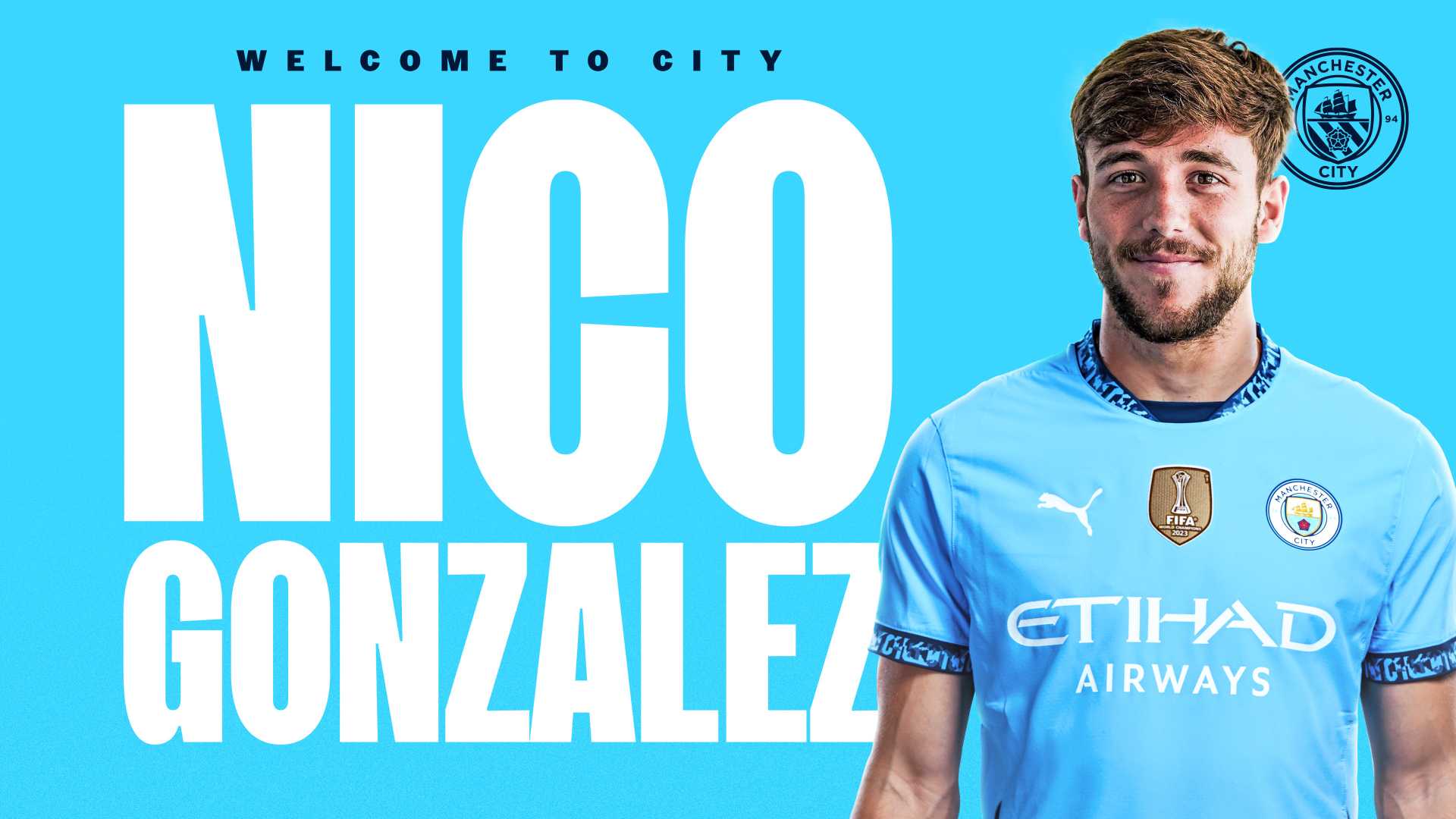Sports
Nico Gonzalez’s Transfer from Barcelona to City: A Bittersweet Departure

BARCELONA, Spain — Nico Gonzalez‘s transfer from FC Barcelona to Manchester City is a bittersweet moment for fans, marking both a significant financial boost for the club and the departure of a talented player considered a potential successor to Sergio Busquets.
The deal, which sees the 23-year-old midfielder move for €60 million (approximately $63.4 million), reflects Barcelona’s challenging financial state and their decision to leverage La Masia talent in the transfer market. The club is set to receive around €21 million from this transfer, which includes fees negotiated as part of his earlier move to FC Porto.
Nico’s journey with Barcelona began in 2013, when he joined the youth academy from Montaneros at the age of 11. He quickly established himself among the club’s promising prospects, standing out alongside notable peers like Ansu Fati and Eric Garcia. The son of Fran Gonzalez, a legendary Deportivo La Coruna player, Nico carried the weight of high expectations but quickly proved his skills on the pitch.
Under the guidance of coaches at La Masia, Nico was seen as a versatile midfielder capable of both defensive and attacking roles. Franc Artiga, a former coach in Barca’s youth ranks, recalled how Nico excelled academically as well as athletically, often being moved up age groups to enhance his development.
Despite early promise, Nico’s first-team opportunities diminished, particularly under coach Xavi Hernandez, who had previously shown a preference for other players. Ultimately, Nico found himself on loan at Valencia for the 2022-23 season, where he struggled with injuries and team dynamics.
Returning to Barcelona, Nico hoped for a breakthrough following Busquets’s departure, but the club opted for Oriol Romeu instead. With little future at Barcelona, Nico was transferred to Porto with a sell-on clause, allowing the club to benefit financially should he further succeed.
At Porto, Nico initially faced challenges adapting to a new environment but transformed into a key player, accumulating 68 appearances and earning the attention of Manchester City, a club long interested in him. His father’s connections with City added an intriguing layer to the transfer, which finally came to fruition nearly a year later.
Nico’s transition to Manchester City has been framed as an opportunity to reach his potential in a team that mirrors the playing philosophy he developed at Barcelona. Artiga remarked on the bittersweet nature of seeing a player hailed as a future star moving elsewhere, but he acknowledged the importance of Nico finding a place where he can thrive.
Barcelona, while disappointed, recognizes the necessity of adapting to the modern football landscape, making financial gains from its youth academy while acknowledging there isn’t space for every talent in the first team.
The club’s sporting director, Deco, emphasizes a new strategy to allow La Masia graduates to leave while ensuring they retain financial interests through sell-on clauses. This approach signifies a shift in how Barcelona manages its young talent amidst changing football economics.
Nico’s transfer has sparked conversations among fans and analysts about the effectiveness of this approach in maintaining the integrity and success of La Masia in the future.












